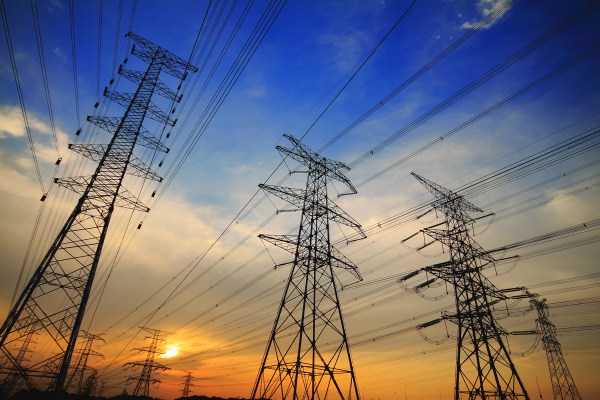The use of renewable energy is growing in the U.S., but its adoption has put pressure on old, overtaxed power grids. The intermittency of wind and solar power means that transmission systems need to find a way to store the energy generated from renewables to provide predictable power for grid operators.
The latest company to try its hand at solving the problem for utilities is Ambri, which just raised $35 million in new capital from new investors KLP Enterprises, the family office of Karen Pritzker and Michael Vlock, and the Swiss insurance company Building Insurance Bern. Previous investors Khosla Ventures, Bill Gates, and the energy company Total also participated in the financing.
Cambridge, Mass.-based Ambri is wading into some treacherous waters. Bankruptcies at Xtreme Power and A123 Energy show that building batteries for the grid can be a tricky business.
Despite the risk, investors remain undeterred. Ambri’s financing follows on the heels of a big $55 million investment by Bill Gates and others into Aquion Energy , which is also tackling the problem of large-scale energy storage.
With its latest financing, Ambri will deliver its first commercial systems to customers, build its initial commercial scale manufacturing plant, and continue technology development. The company has agreements in place to build prototype storage systems in Massachusetts, Hawaii, New York and Alaska, alongside project partners that include First Wind, Hawaiian Electric, Joint Base Cape Cod, Con Edison, Energy Excelerator (Hawaii) and Raytheon, the company says.
Previously known as the Liquid Metal Battery Corporation, Ambri is developing its battery technology from research conducted by Dr. Donald Sadoway, a professor at the Massachusetts Institute of Technology, alongside Dr. David Bradwell — Ambri’s chief technology officer and co-founder. Since its launch in 2012 the company has raised over $50 million and holds the only license for the liquid metal battery technology developed by MIT.
MIT has long-dominated The research on campus has been supported by the US Department of Energy’s ARPA-E program, Total, the Deshpande Center, and the Chesonis Family Foundation. Ambri has also received grants from the Office of Naval Research and the Massachusetts Clean Energy Center.
“Ambri’s solution is highly distinguished from others in the marketplace on cost and performance –- thanks to a simple manufacturing process, use of cheap and safe materials, and significantly longer lifetime compared to other approaches we’ve seen,” says Andrew Chung, a partner at Khosla Ventures and director on the Ambri board, in a statement.
Despite the lean times and bad press that the cleantech industry has faced, Khosla has remained consistent in its investment thesis around the promise of renewable energy and energy-efficiency technologies.
It is by far the sector that has raised the most money in the Khosla portfolio, according to data from CrunchBase.
And the firm’s interests span everything from energy storage, to efficient building materials, to new emissions reductions technologies.
“There are two categories within cleantech that are seeing some good attention,” says Chung. “Companies in the battery industry are still seeing some good attention… and another area we see a lot of excitement around — because the cost curves are moving in the right direction — is in the lighting space and the energy efficiency space.”
Indeed, Khosla Ventures’ investment in View Inc. was able to raise $100 million for its novel glass manufacturing technology.
Image by Artistic Photo/Shutterstock
